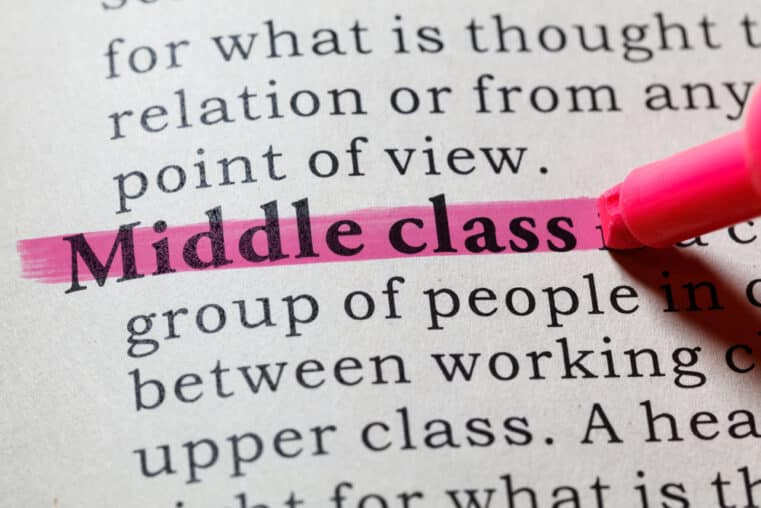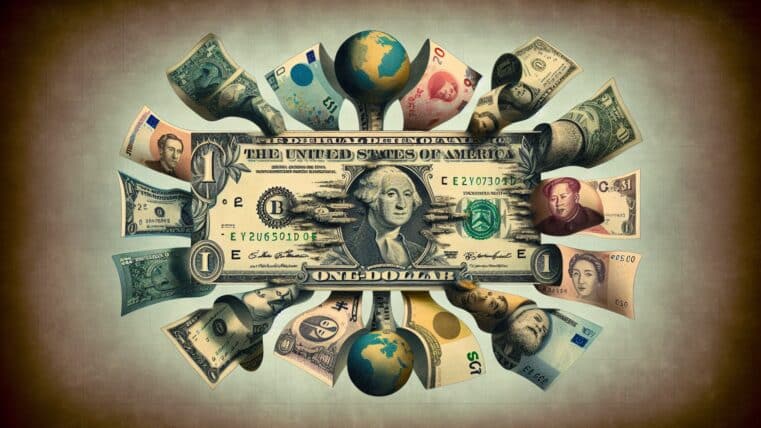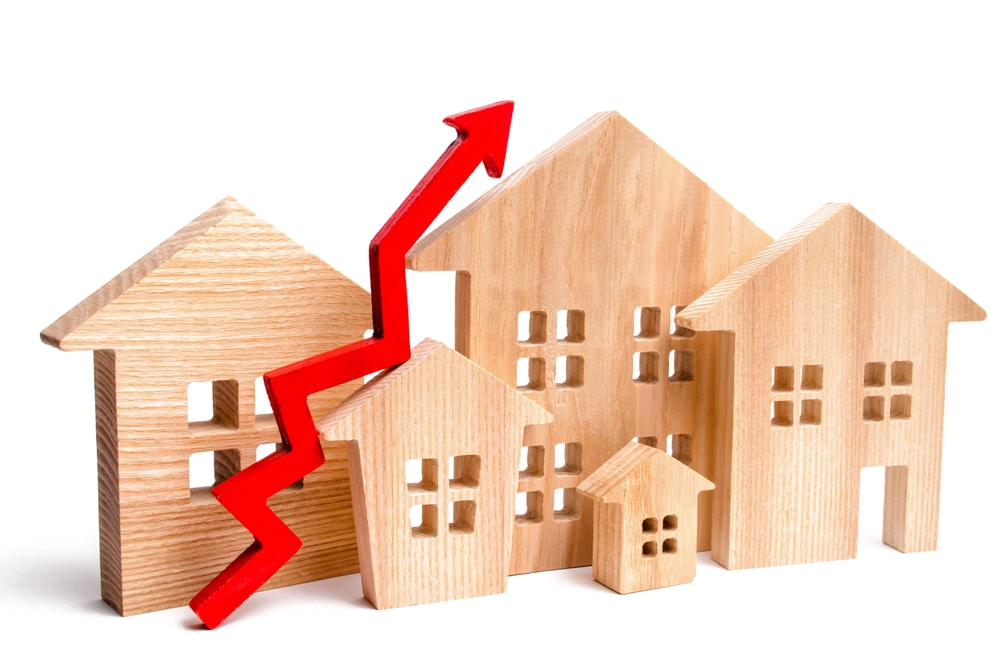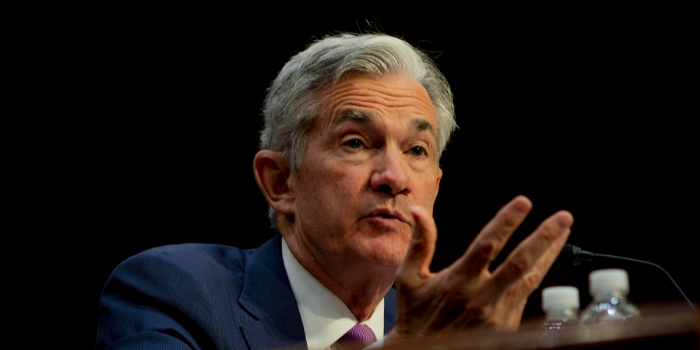
Trump’s Surprising Move: Keeping Powell if He Wins 2024
Republican presidential candidate Donald Trump said that he would allow Federal Reserve Chair Jerome Powell to finish his term at the helm of the central bank if he wins the November election.
"I would let him serve it out, especially if I thought he was doing the right thing," Trump said, according to a Bloomberg News interview that took place in June.
Powell's term as chair ends in May 2026, while his position on the Fed board continues until 2028.
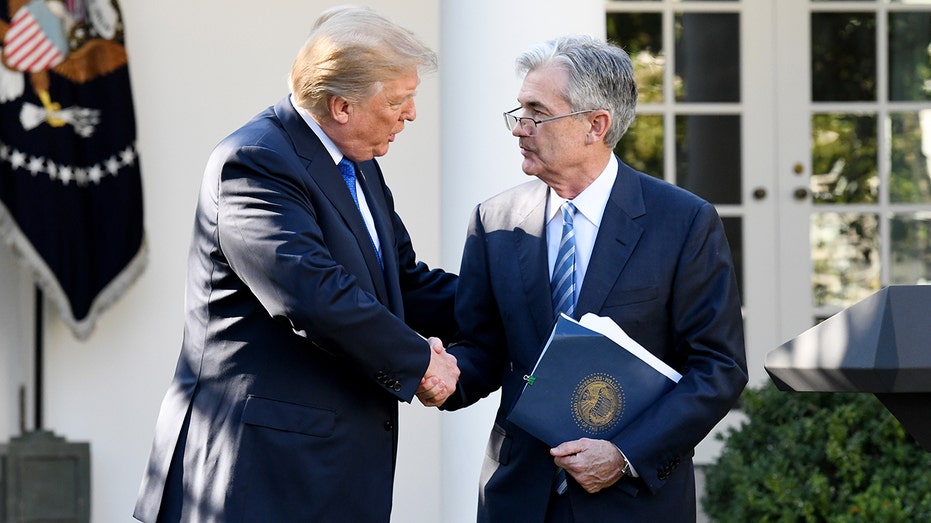
Trump also warned that the Fed should not cut interest rates before the November election, which could give the economy – and President Biden – a lift. Wall Street widely expects the Fed to cut interest rates twice by the end of the year, with the first reduction coming in September.
"It's something that they know they shouldn't be doing," Trump said.
Although he was nominated to lead the central bank by Trump in 2017, Powell faced relentless criticism from the former president, who repeatedly threatened to fire the Fed chief and admonished him as a "bonehead" for raising interest rates. In nominating Powell, Trump also broke with precedent in passing over Janet Yellen, the former Fed chair who was nominated by then-President Barack Obama, for a second term.

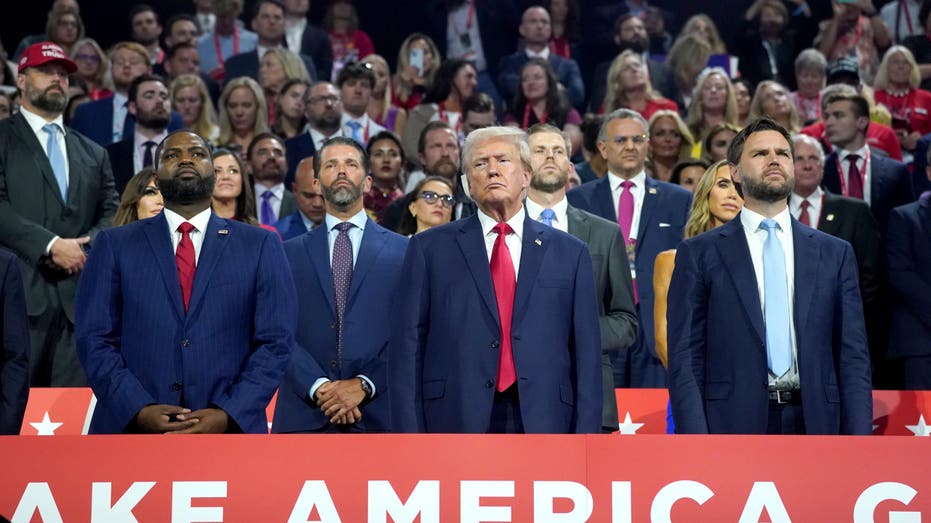
During an interview with FOX Business' Maria Bartimo in February, Powell said that he would not reappoint Powell to a third term as Fed chief.
"I think he’s political," he said at the time. "I think he’s going to do something to probably help the Democrats, I think, if he lowers interest rates."
Policymakers raised interest rates sharply in 2022 and 2023 to the highest level in more than two decades in a bid to slow the economy and cool inflation. Officials are now grappling with when they should take their foot off the brake amid signs that inflation is normalizing.
Higher interest rates tend to create higher rates on consumer and business loans, which then slow the economy by forcing employers to cut back on spending. Higher rates helped push the average rate on 30-year mortgages above 8% for the first time in decades. Borrowing costs for everything from home equity lines of credit, auto loans and credit cards have also spiked.
This article originally appeared on Fox Business.




